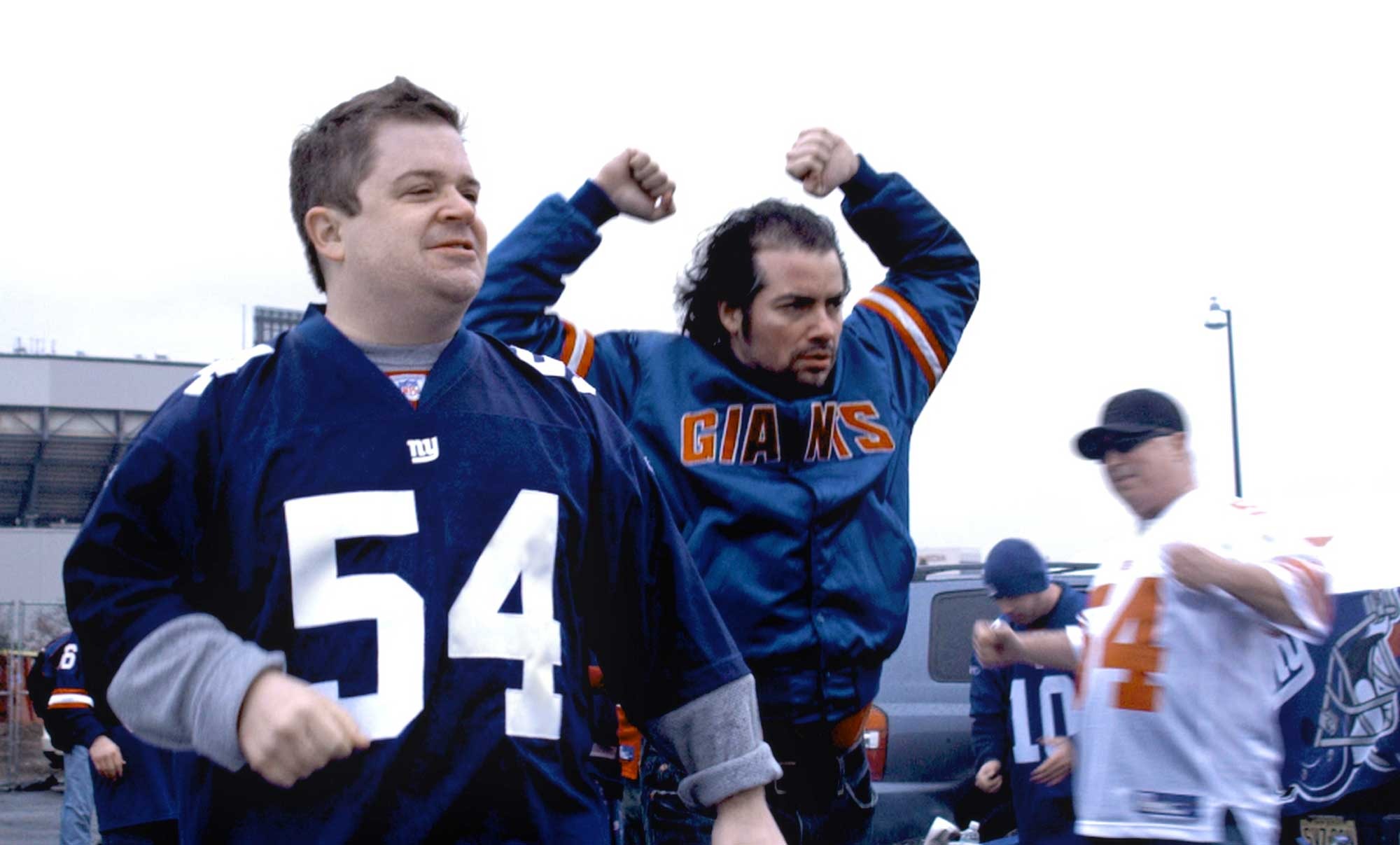
MPAA Rating: R | Rating: ★★★
Release year: 2009
Genre: Comedy, Drama, Sports Director: Siegel
Yesterday millions of people participated in worship. They sang, they danced, they prayed, they ate together, they celebrated with a passion and fervor that stemmed from a deepening sense of hope.
I’m not talking about Sunday church services. I’m talking about the Super Bowl.
Let’s be honest, the zeal that many folks have for their favorite football team can only be described as devout worship. The prep and travel to a stadium or Super Bowl party is akin to a pilgrim’s journey to a holy location. In 2006, Americans spent around $17 billion on tickets to sporting events and another $90 billion on sports paraphernalia. Like Jesus said, where your treasure is…. So what happens when a religious devotion to one’s favorite team is called into question? What happens when the sports gods turn out to be nothing more than empty idols? Where does a sports fan’s identity and hope stem from?
Those are the questions that Robert Siegel’s Big Fan addresses in its hauntingly realistic portrayal of radical fandom. Paul Aufiero (Patton Oswalt) is a mid-30s parking garage attendant who still lives with his mother. He has no romantic interests, no deep friendships, no ambitions. He only has the New York Giants. A rabid fan, Paul’s favorite hobby is to call into late-night sports radio to trash talk the Philadelphia Eagles. He can’t afford tickets, but that doesn’t stop him from showing up at the stadium on game day to wander the parking lots and cheer on his favorite team. Paul lives as if the integrity of the entire Giants’ franchise rests on his shoulders; he is a sort of red-and-blue-wearing prophet, spouting off sports talk at 2:00 AM into his telephone while trying not to awaken his ornery mother. His life is pathetic to everyone around him. He doesn’t see it that way. He has the Giants, so what else matters?
One fateful night, Paul and his best friend Sal (Kevin Corrigan) spot Giants’ star linebacker Quantrell Bishop at a gas station in their Staten Island neighborhood. (Paul has a huge poster of Bishop above his bed, much like any other adolescent male with an athlete hero). On impulse, they follow Bishop to a trendy Manhattan club. Timidly approaching him, Paul suddenly finds himself being brutally assaulted by the perturbed Bishop. Waking up in a hospital, Paul learns that Bishop has been suspended due a police investigation. In a split second, the future of the Giants’ season has been placed in Paul’s hands. The media, the police, and his family all look to Paul for a response–will he press charges against the love of his life, jeopardizing the Giants’ season?
This is Siegel’s second film, having written the script for the gritty and fantastic The Wrestler. Both are sobering films (which is surprising to me, as Siegel the former chief editor of The Onion). Both feature a man’s loss of identity to the sport he loves. Both reveal the painful truths when that identity is stripped away. Both reveal the innate human desire for worship. We are designed to give ourselves to something bigger than ourselves. For some, this worship is found in financial success or popularity or marriage or parenthood or achievement or religion. For Paul, his transcendent hope is the New York Giants. Patton Oswalt’s performance is simple, profound, and downright mesmerizing. His devotion to the Giants pushes him to the very edge of sanity, yet he is the ordinary man any other day of the week. He is the unremarkable sports fan in the grocery store line, restaurant, or church pew that wears his heart on his jersey sleeve come game day.
While slow and a bit depressing, the final moments of Big Fan are worth the solemn tones of its patient build-up. The film is a treatise on the darker side of sports worship, a trend that also affects the church. It’s an example of a non-Christian film–in many ways diametrically opposed to Christian values–that reveals the deeper truths of modern-day idolatry and God’s design for worship. A recent Christianity Today article points out that the church’s embrace of sports’ cultural values may, in fact, be dangerous:
Variously described by those inside and outside as narcissistic, materialistic, violent, sensationalist, coarse, racist, sexist, brazen, raunchy, hedonistic, body-destroying, and militaristic, big-time sports culture lifts up values in sharp contrast with what Christians for centuries have understood as the embodiment of the gospel. There are simply no easy, straight-faced, intellectually respectable answers for how evangelicals can model the Christian narrative—with its emphases on servanthood, generosity, and self-subordination—while immersed in a culture that thrives on cut-throat competition, partisanship, and Darwinian struggle.
Harsh words, but worth pondering in a week where the apostle Paul’s statement about “your love for all the saints” takes on a double meaning.
IMDB Listing: http://www.imdb.com/title/tt1228953/